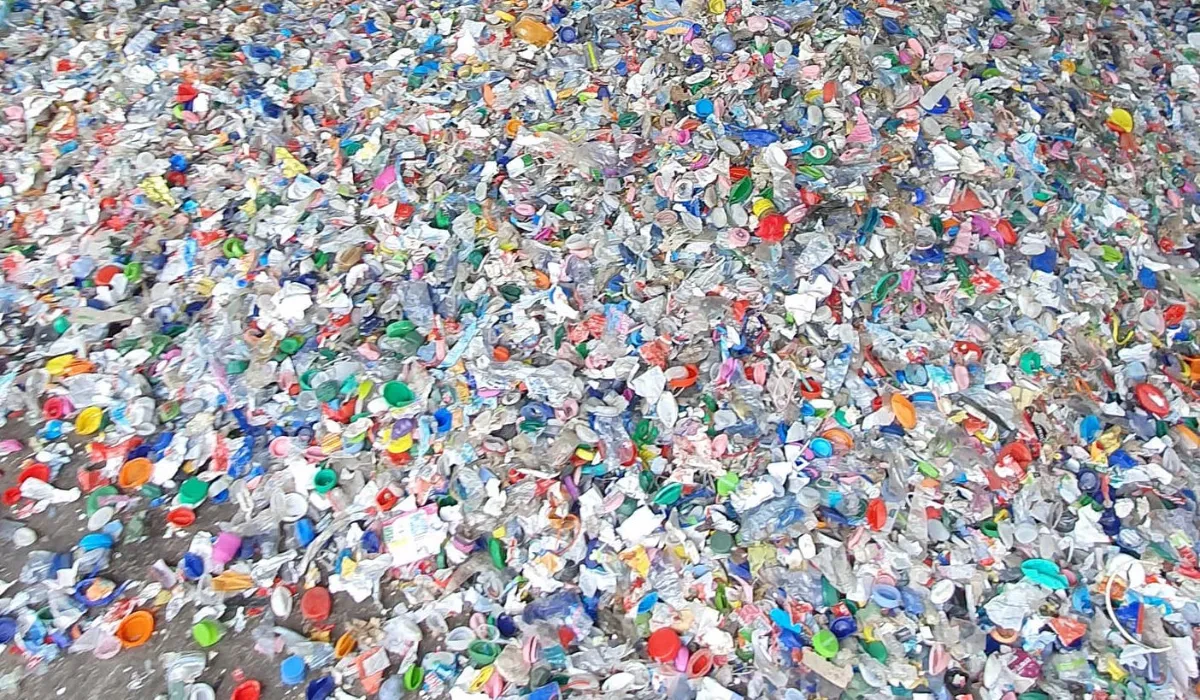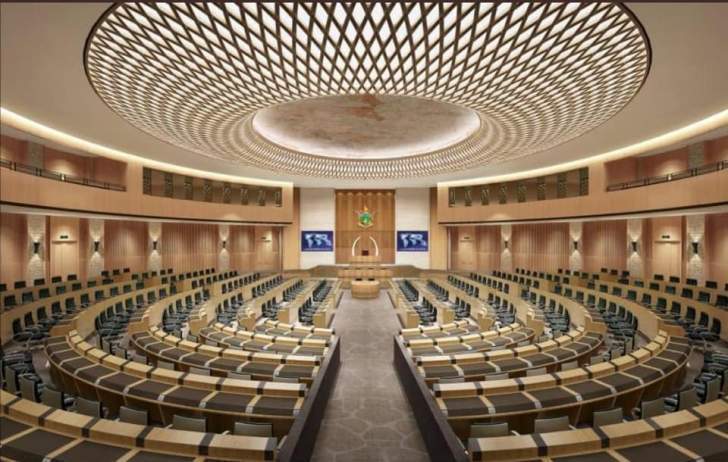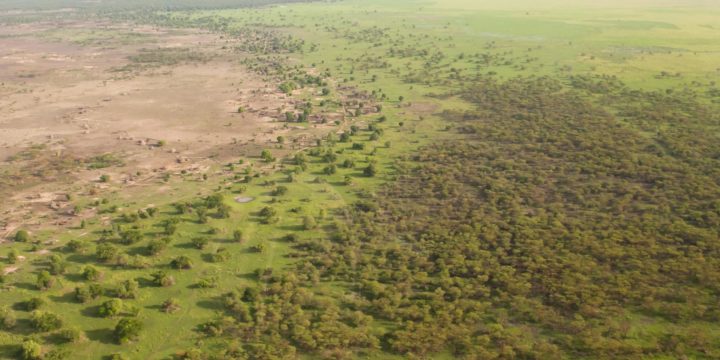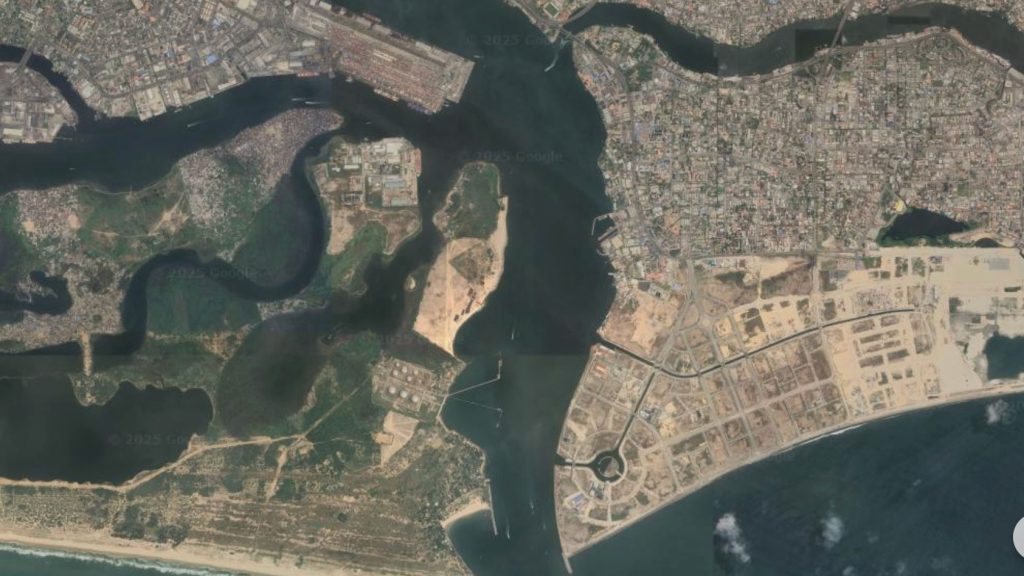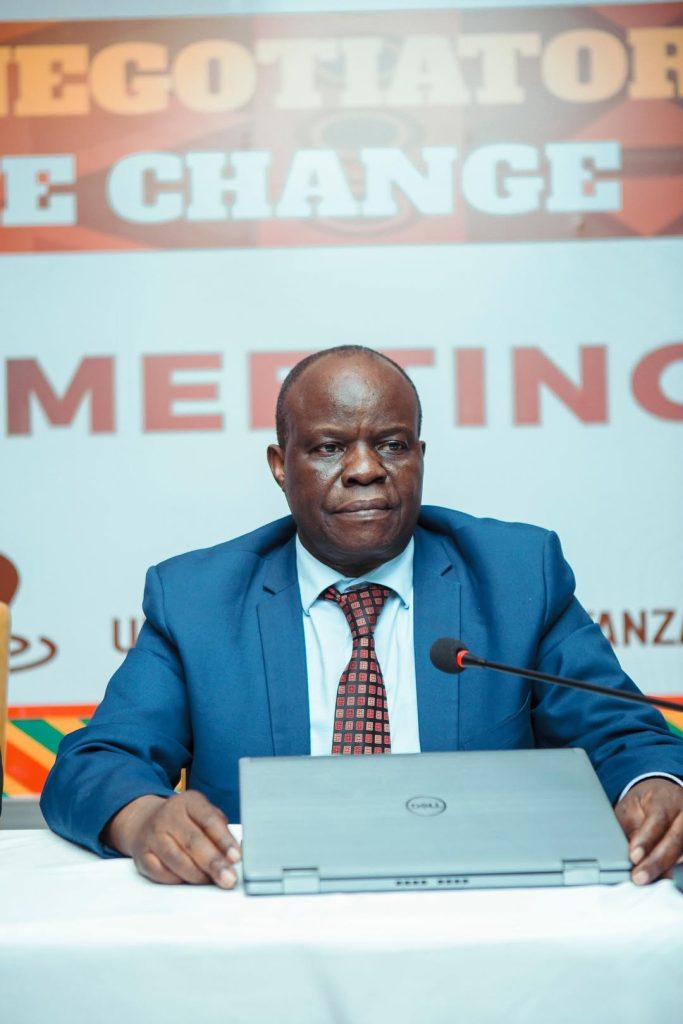As global scrutiny has turned on the fossil fuel industry, the sector has vied for the propagation of plastics as a lifeline to its future, arguing that the world cannot survive without them. Plastics are made from fossil fuels, and are responsible for 6% of global oil consumption. They also result in GHG emissions, with estimates that their generation will result in 1.34 billion tonnes of GHGs annually during the course of this decade, more than Africa’s entire emissions. Significant energy is also spent managing them throughout their lifecycle.
A global Plastics Treaty is under negotiation and countries have agreed to finalise one in 2024. In the meantime, nations have been pursuing domestic measures such as product bans, taxes, financial incentives, and packaging controls, with varying degrees of success. African countries have been particularly progressive on this front. Several east African countries have plastic bag bans, and countries are even considering a regional ban on certain single use plastics. Similar moves are afoot in southern Africa, where, for example, Zambia, Mozambique, Namibia and Botswana, have either banned or are planning to ban plastics bags and, in some cases, single use plastics, and South Africa has a plastic bag tax.
In January this year, Nigeria followed suite, when the Federal Ministry of Environment and the Lagos State Government both announced that they would be banning single use plastics. The Ministry led by first banning single use plastics within its departments, and the Lagos State government followed with a ban on styrofoam containers, which are popular for food packaging in the region. Industries were given three weeks for the ban to take effect. Shortly thereafter, the Abia State government in Nigeria also banned single use plastics.
Plastic waste has long been a bane in Lagos with up to 870 000 tonnes generated annually in the city. It regularly blocks sewers and evacuation routes and is blamed for exacerbating floods. The country is also the continent’s second largest plastic importer. Its copious generation is exacerbated by poor waste management systems and the unsafe burning of plastic waste. Consumption is also increasing, having doubled over the last decade. Nigeria, like many African countries, imports plastic products and packaging as well as plastic wastes, it also produces its own and is ranked as the 9th plastic producer globally. Dangote Refinery, the largest petrochemical refinery in Africa commenced operations in Nigeria in 2023. Not only will it refine fuel but it will also produce plastic products, one of more than 3000 plastic production and packaging operations in the country.
The recent styrofoam ban unsurprisingly met with resistance from some sectors. Street food and water vendors said that they had been given insufficient warning and decried the ban’s socioeconomic impacts. The US-Africa trade council even wrote to the government advising that they withdraw the ban. They warned that “the ban, although well-intentioned, fails to evaluate the broader economic consequences it entails.” It threatens that a sudden “halt in production and use of single-use plastic containers” would lead to “significant job losses, further exacerbating the unemployment rate”. The concerns are voiced in the context of a high and ever increasing annual inflation rate, and the tripling of fuel prices since President Bola Tinubu took office last year. Environmental groups, however, are in support of the ban, calling it a necessary measure to address spiralling consumption and indiscriminate disposal. Environment officer at Women Environment Programme, Ichivirbee Ukange, has questioned the allegations against it, stating “it would of course affect the job margins of businesses involved, however, it cannot take them out of the job market.”
Lagos’s Commissioner for Environment and Water Resources, Tokunbo Wahab, has resisted pressure to withdraw the ban, stating that “the only moratorium which the state is willing to offer all producers and distributors of styrofoam is to delay commencement of enforcement of the ban by three weeks.” His view is that since the ban was announced over three years ago users should not be surprised, and that it was now a matter of enforcement. In the State of Abia, Wahab’s counterpart, Commissioner Philemon Ogbonna Asonye, echoed these sentiments acknowledging that the ban had been around for some time, but that now the state government was serious about the prohibition and would deal decisively with defaulters.
Measures to control plastic pollution are rarely cited by African governments as climate actions or mitigation contributions in their climate policies and NDCs. Following the trend to pursue measures with environmental co-benefits, given the number of African countries taking the lead in implementing some form of plastic ban or control, and mindful of the continent’s low GHG emissions profile, plastic bans and related controls should be counted as part of a country’s domestic climate actions. This will drive coordinated climate and environmental policy in the country and potentially also support finance towards these measures. Ultimately, however, effective implementation will be key to success.

